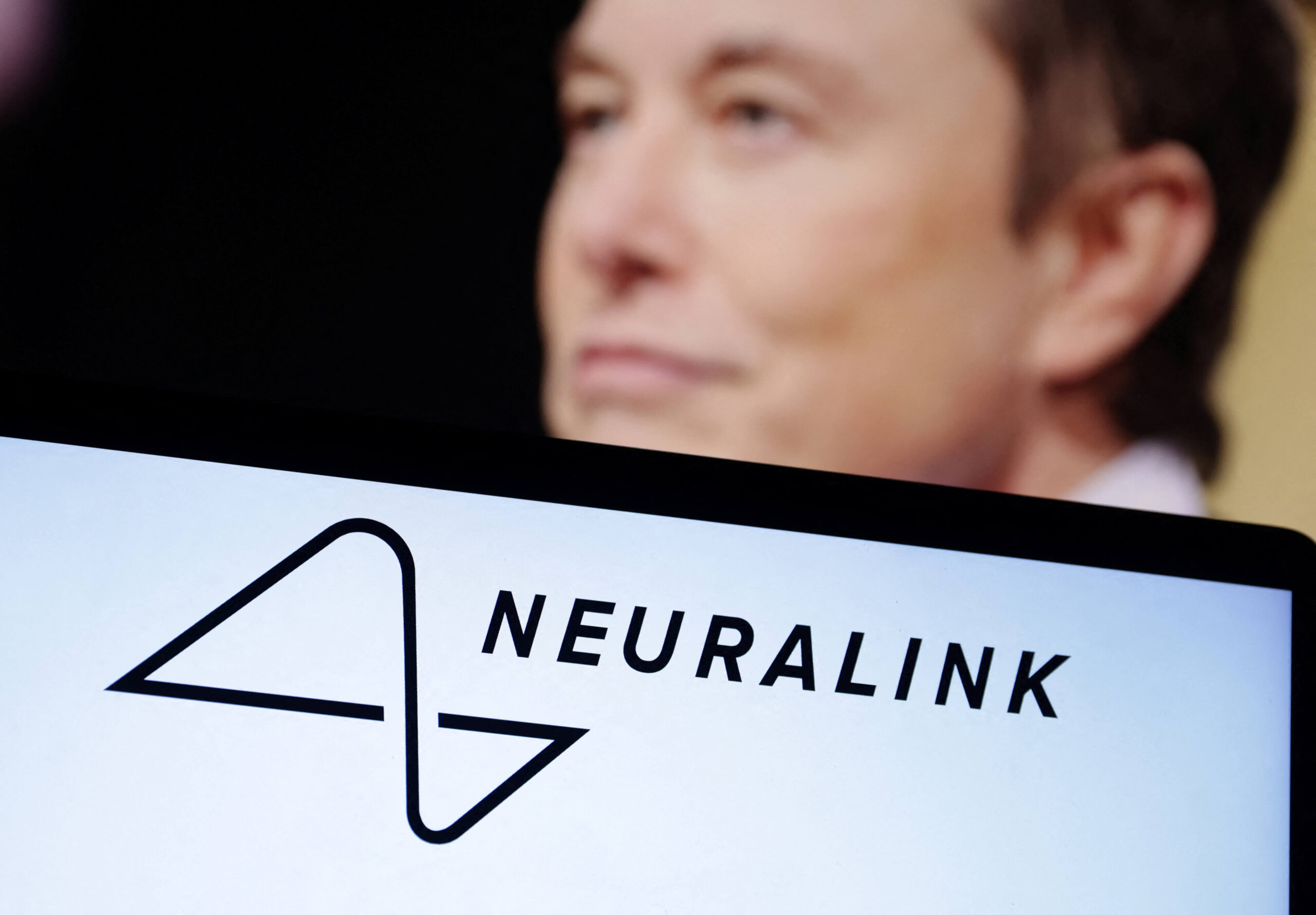On August 7th, in a development that underscores the growing interest and investment in cutting-edge neurotechnology, Elon Musk’s brain chip venture, Neuralink, successfully secured substantial funding of $280 million. This funding round was spearheaded by the Founders Fund, an investment firm associated with Peter Thiel. This achievement comes on the heels of Neuralink obtaining approval for its groundbreaking first-in-human clinical trial, marking a significant milestone for the company’s ambitions.
While the exact valuation at which these funds were procured remains undisclosed, there’s speculation that Neuralink’s value has been on an upward trajectory. Earlier in June, there were reports from Reuters indicating that the company’s value had been estimated at around $5 billion through private stock trades. This financial infusion is expected to provide Neuralink with the resources required to further its research, and development, and potentially accelerate its mission to develop brain-computer interface technology.
The company, in a statement released via the social media platform X (previously known as Twitter), which is owned by Elon Musk, expressed a high level of enthusiasm for the forthcoming phase in its journey. With this fresh capital injection, Neuralink aims to bolster its capabilities, extend its research, and possibly expedite its timeline for innovative advancements.
However, Neuralink hasn’t been without its share of challenges and controversies. In a report from last year, Neuralink employees confidentially informed Reuters that the company had been rushing and encountering difficulties during surgical procedures conducted on animals like monkeys, pigs, and sheep. These problems reportedly led to more animal fatalities than necessary. Allegedly, this situation was exacerbated by the pressure exerted by Musk on the staff to secure approval from the U.S. Food and Drug Administration (FDA).
The outcomes of these animal experiments were intended to serve as critical data for Neuralink’s application to initiate human trials. This underscores the importance of robust animal testing as a precursor to moving forward with human trials, while also highlighting the ethical considerations associated with such endeavors.
In an additional development, in May, there were calls from U.S. lawmakers for regulators to delve into the composition of a panel that was overseeing the animal testing activities at Neuralink. This was prompted by concerns about the potential influence of financial conflicts of interest within the panel. The intention behind these calls was to ensure that the processes and oversight surrounding Neuralink’s research and experimentation adhered to the highest standards and that potential biases or conflicting interests were addressed.
Neuralink’s recent substantial funding acquisition showcases the deep interest from investors in the potential of neural interface technologies. While the company has made significant strides toward realizing its vision, it also faces hurdles that highlight the complex nature of developing revolutionary medical technologies and the need for stringent ethical considerations. As Neuralink continues to navigate these challenges, its progress could potentially pave the way for transformative advancements in neuroscience and human-machine interaction.





